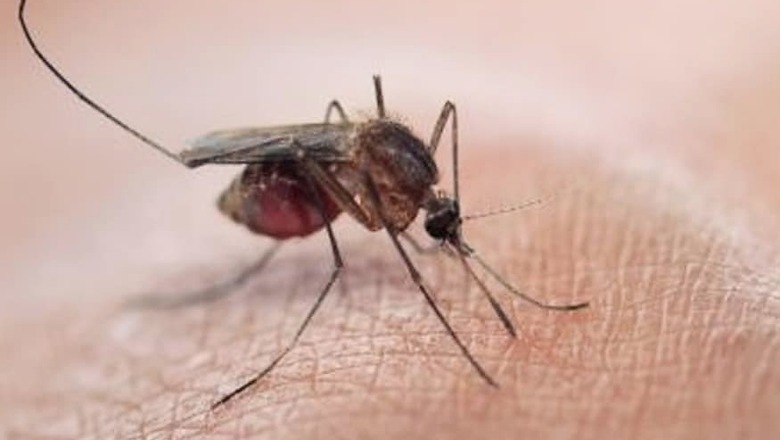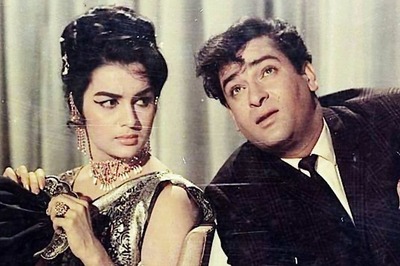
views
A vaccine— known as RTS,S/AS01 (trade name Mosquirix) — rolled out by Malawai and soon to be introduced in Ghana and Kenya is being heralded as a “landmark” achievement in the fight against Malaria.
Despite advances in medical sciences, Malaria remains to be one of the deadliest diseases claiming thousands of lives worldwide every year.
According to the World Health Organisation, no significant gains were made in reducing malaria cases in the period 2015 to 2017. “The estimated number of malaria deaths in 2017, at 435 000, remained virtually unchanged over the previous year,” the global health body says
As part of the World Malaria Day 2019, the WHO has launched grassroots campaign ‘Zero malaria starts with me’ to keep “malaria high on the political agenda, mobilize additional resources, and empower communities to take ownership of malaria prevention and care.”
WHO has joined hands with the RBM Partnership to End Malaria, the African Union Commission and other partner organizations this year in its endeavour.
LANDMARK MALARIA VACCINE ROLLED OUT
Malawai launched the world’s first malaria vaccine just days ago, becoming the first of the three African countries in which the vaccine will be made available to children up to 2 years of age. Ghana and Kenya will introduce the vaccine in the coming weeks.
The injectable recombinant protein-based vaccine acts against P. falciparum, Africa’s most prevalent malaria strain. The RTS,S/AS01 prevents four in 10 cases of malaria in children who received four doses over a four-year period, according to the WHO.
“Malaria remains one of the world’s leading killers, claiming the life of one child every two minutes. Most of these deaths are in Africa, where more than 250 000 children die from the disease every year. Children under 5 are at greatest risk of its life-threatening complications. Worldwide, malaria kills 435 000 people a year, most of them children,” the WHO says.
Although “tremendous gains” have been seen from bed nets and other measures to control malaria in the last 15 years, progress has stalled and even reversed in some areas, the health body says.
“We need new solutions to get the malaria response back on track, and this vaccine gives us a promising tool to get there,” said WHO Director-General Dr Tedros Adhanom Ghebreyesus. “The malaria vaccine has the potential to save tens of thousands of children’s lives.”



















Comments
0 comment